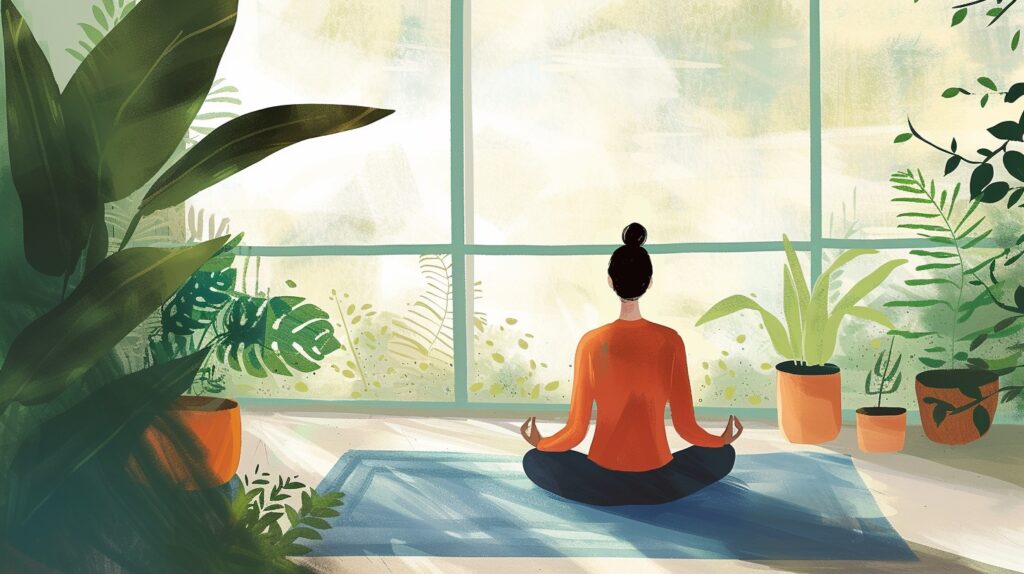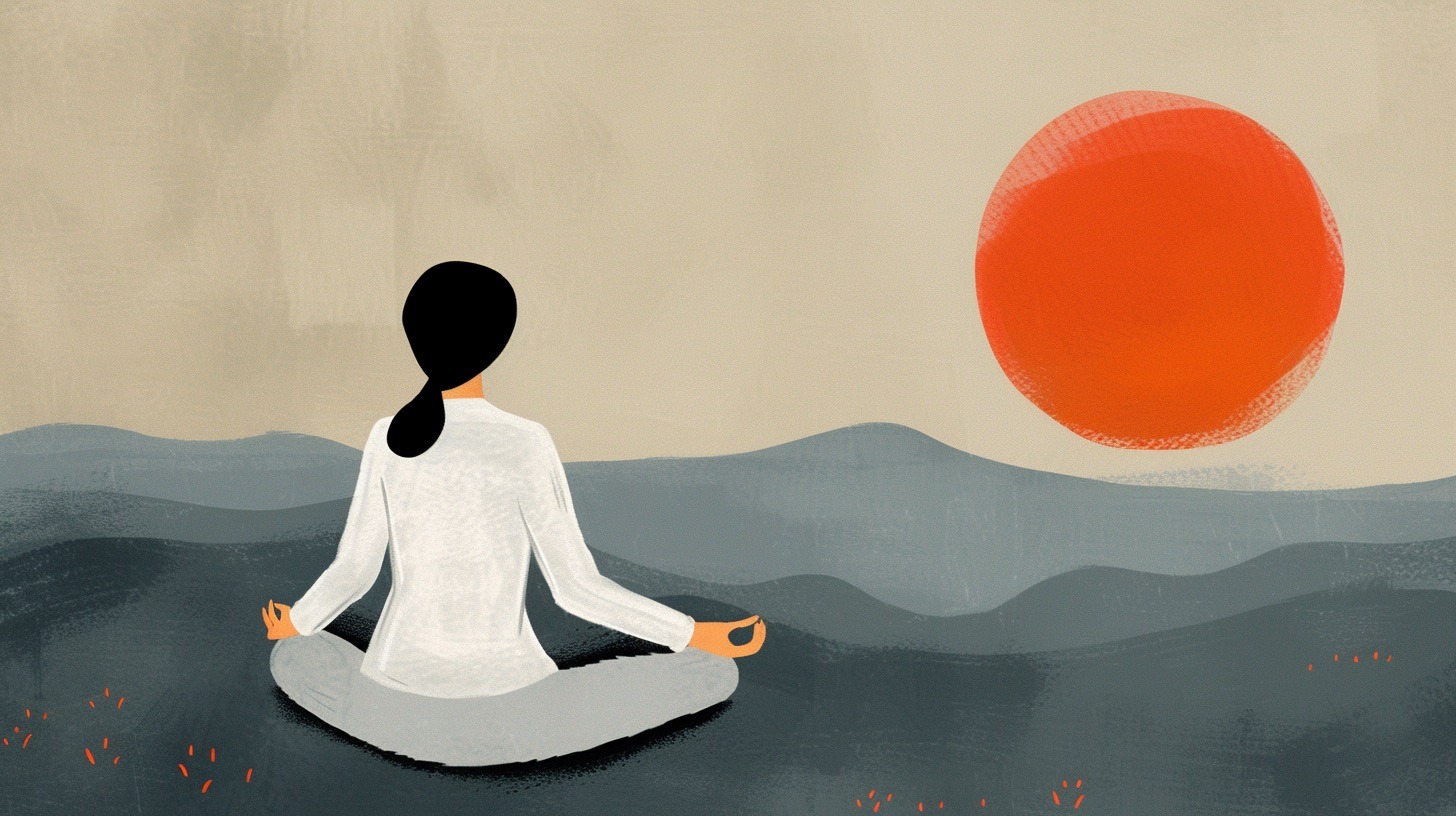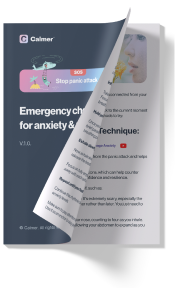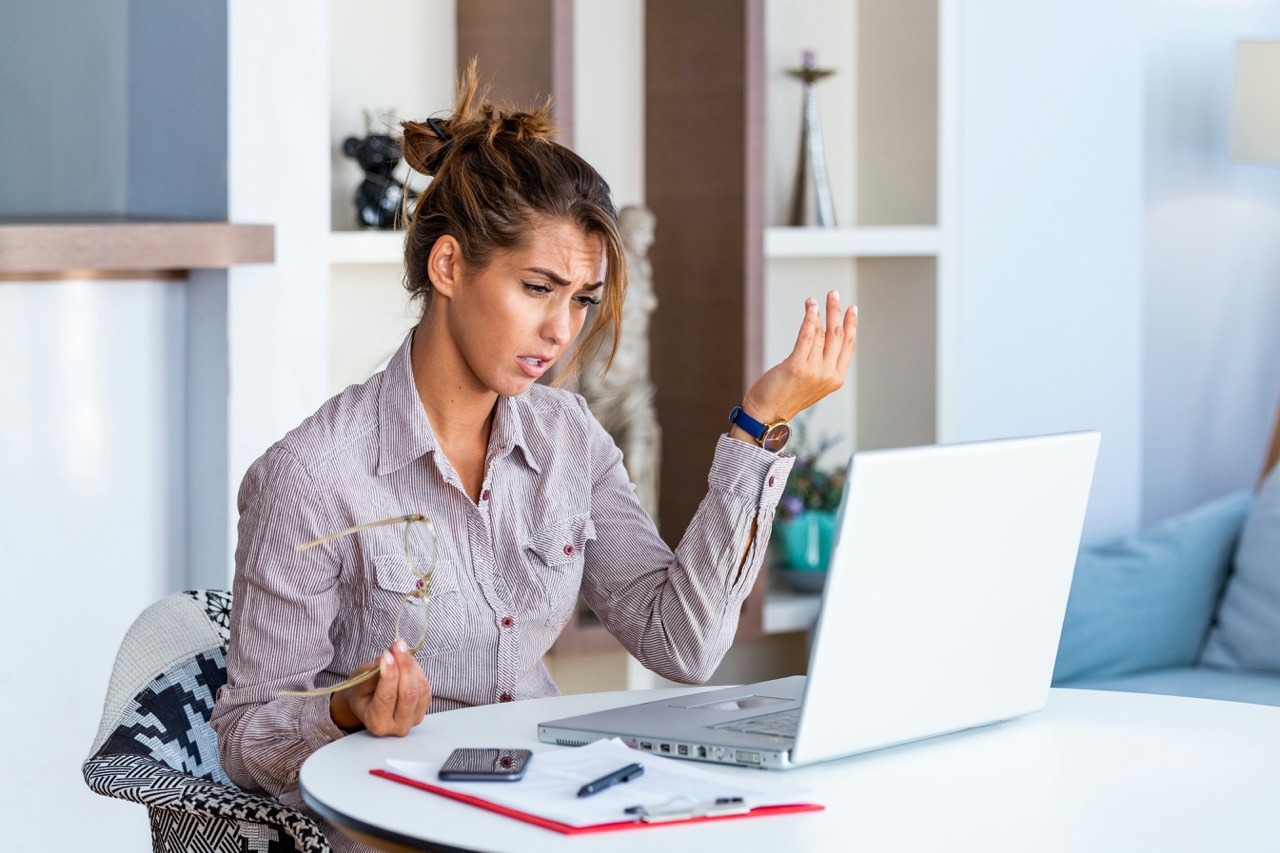Anxiety can come in many shapes and forms, and identifying it on your own can be difficult. With a plethora of knowledge at our fingertips, finding the right answer isn’t always easy. However, there are plenty of self-help methods for those suffering from anxiety who don’t wish to seek medical help from healthcare professionals or therapeutic assistance.

This other form of help consists of meditation practices, such as mindfulness meditation, body scan meditation, and more. Today, we will be going over one of the best meditation practices: guided meditation.
The most important step is being mindful and aware of what you’re experiencing and what may be causing stress and anxiety.
Key Takeaways:
- Anxiety is the constant feeling of worry, and symptoms can come in many forms, such as shortness of breath or trouble concentrating.
- Guided meditation involves having a guide verbally walk you through a meditation to manage anxiety.
- Meditating for 13 minutes a day for 8 weeks can help improve attention, memory, and mood.
Best Guided Meditations
If you want to try out guided meditation, here are some great ones that we recommend and have tried ourselves.
Before starting guided meditation, please try to follow these key rules for a successful practice:
- Choose a quiet and private space
- Sit or lie in a comfortable position
- Try to minimize distractions, silence your phone, and switch off other devices.
- Focus on your breathing and the voice of the guided meditation
- Keep an open mind
We recommend trying a few different ones to find the one that works best for you.
What is Anxiety?
Generalized Anxiety Disorder, as defined by Johns Hopkins Medicine (the founding school of modern American medicine), is the medical diagnosis for those experiencing the constant feeling of uncontrollable worry. They state that “Healthcare providers diagnose GAD when your worrying happens on most days and for at least 6 months.”
Cases of anxiety can range from mild, moderate, to severe and develop gradually, usually when someone is under immense stress. Research done by the National Institute of Mental Health shows that roughly 31% of adults experience anxiety at some point in their lives.
Symptoms of Anxiety
Symptoms can range depending on how severe an individual’s anxiety is. Symptoms include, but are not limited to:
- Shortness of breath
- Tightness in the chest
- Heart palpitations
- Feeling nauseous or irritable
- Trouble concentration
- Trouble sleeping
- Sweating or shaking
- Sense of panic or danger
Causes of Anxiety
People experience anxiety at work, while behind the wheel of a car, or even doing something as simple as walking down the aisle at a grocery store. When you’re feeling anxious, take a moment to consider what may be causing you to feel this way. This can help you take steps towards relieving your anxiety. Causes of anxiety include:
- Stressful situations (at work, at home, financially, etc.)
- Being in public
- Overthinking
- Overactive imagination
- Anxiety-inducing thoughts and feelings
- Fight-or-flight response
- Stress and trauma at a young age
What is Guided Meditation?
Guided meditation is a type of meditation where structured guidance will help you meditate, often focusing on a specific technique. A guide will help you practice meditation techniques to help you calm your mind and body. They verbally lead you through a set of exercises that will draw your attention away from anxious thoughts. Exercises include breath awareness and muscle relaxation. This technique involves navigating your feelings without letting them hold any weight on your consciousness.
There are multiple ways to go about guided meditation, be it in the form of a video, podcast, or in-person. There are plenty of resources on YouTube, or you could have someone you trust, like a family member, friend, or partner, help you. It’s a great exercise that has helped people cope with their anxiety through meditation.
What to Expect from Guided Meditation
Guided meditation begins with finding a quiet place that you feel comfortable in, like sitting on your bed or couch. The instructor will calmly tell you to close your eyes and take a breath while conjuring a comforting mental image. The meditation will have you ground yourself by focusing on the rise and fall of your chest and the sounds you hear around you.
The guide will then tell you to focus on different parts of your body that may be tense. They will tell you to release the tension, starting from your neck and shoulders and working your way down your body. This takes up most of the meditation.
Throughout the meditation, any negative thoughts that may form are to be cast out as you continue focusing on yourself. The instructor does not want you to block out or suppress these thoughts, but to acknowledge them for what they are and let them go. This is a very important part of meditation that you can carry into your everyday life when experiencing anxiety.
The guide ends the meditation by slowly bringing you back and telling you to open your eyes.

FAQ
Does Guided Meditation actually work?
While guided meditation may not be the best form for everyone, Life and Wellness Coach Dennis Buttimer, who works at the Cancer Wellness Center at Piedmont, says that “You’ll get benefits with regards to your sleep, blood pressure, concentration, and reduction in anxiety and depression symptoms.”
How long does it take for Guided Meditation to work?
A study conducted by Science Direct, found that meditating for 13 minutes daily for 8 weeks helped improve attention, memory, and mood.
What happens after 2 weeks of Guided Meditation?
A study done by PNAS showed that 153 adults who used a meditation app for 2 weeks reported feeling less lonely and increased social battery compared to the control group.
How do I start Guided Meditation?
Guided and self-guided meditations can be obtained from apps like Calmer, through YouTube meditation videos, or through podcasts on Spotify or other audio platforms.
How many times a day should I meditate for anxiety?
It is recommended to meditate for anxiety at least once a day, with the time ranging between 10 and 20 minutes for the most relief.
Where can I find a guide for Guided Meditation?
There are plenty of guided meditation videos on YouTube or Spotify with a range of voices and sounds that will help calm your mind. They can also range from 5 to 20 minutes, so you can pick one that fits in with your busy schedule.
Does the time of day matter for Guided Meditation?
The best time of day for guided meditation is based on personal preference, but it’s best to just try to fit it into your daily schedule. Most people do it at the start of their day, as a way to start on a positive note, or at the end of their day, as a way to unwind.




